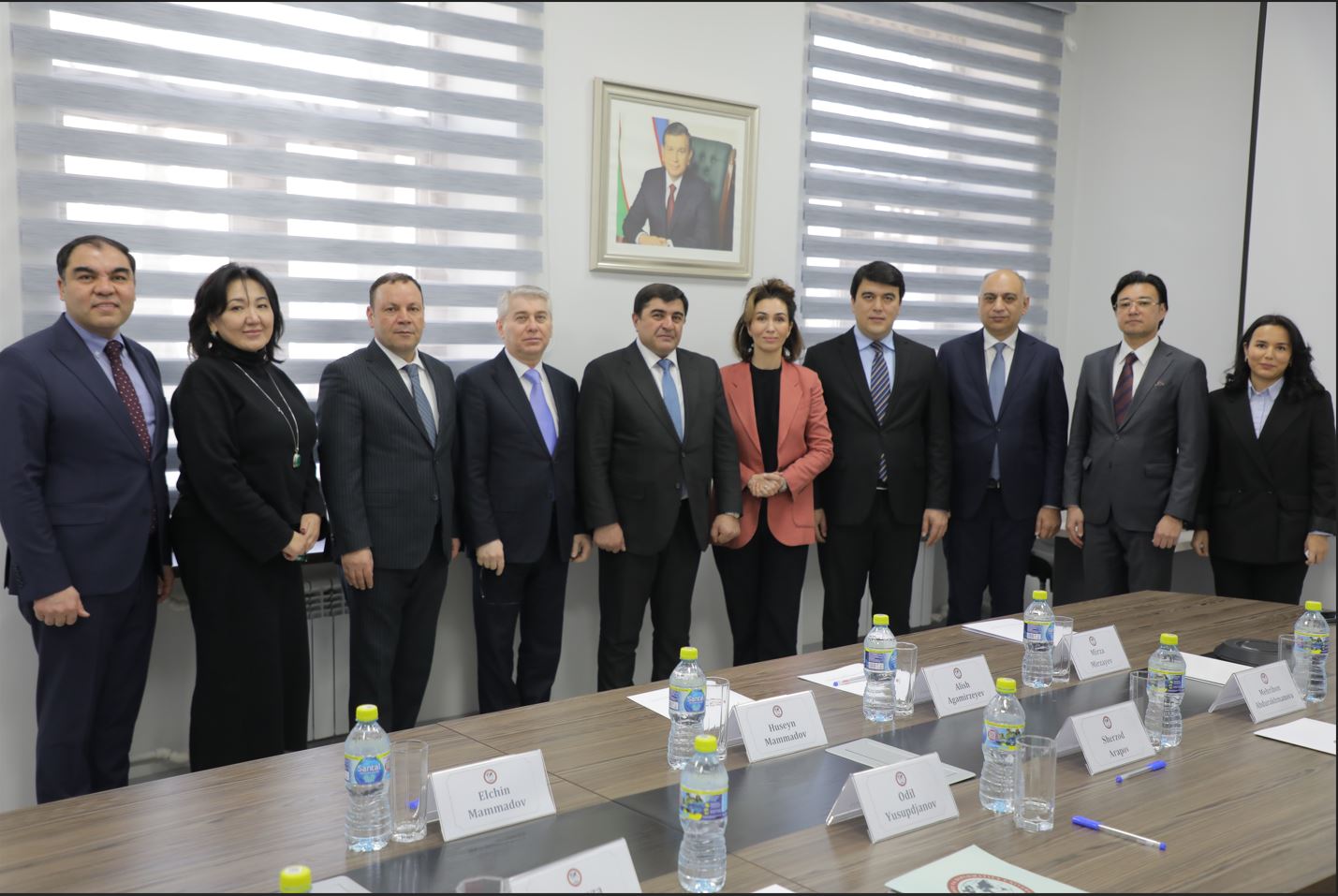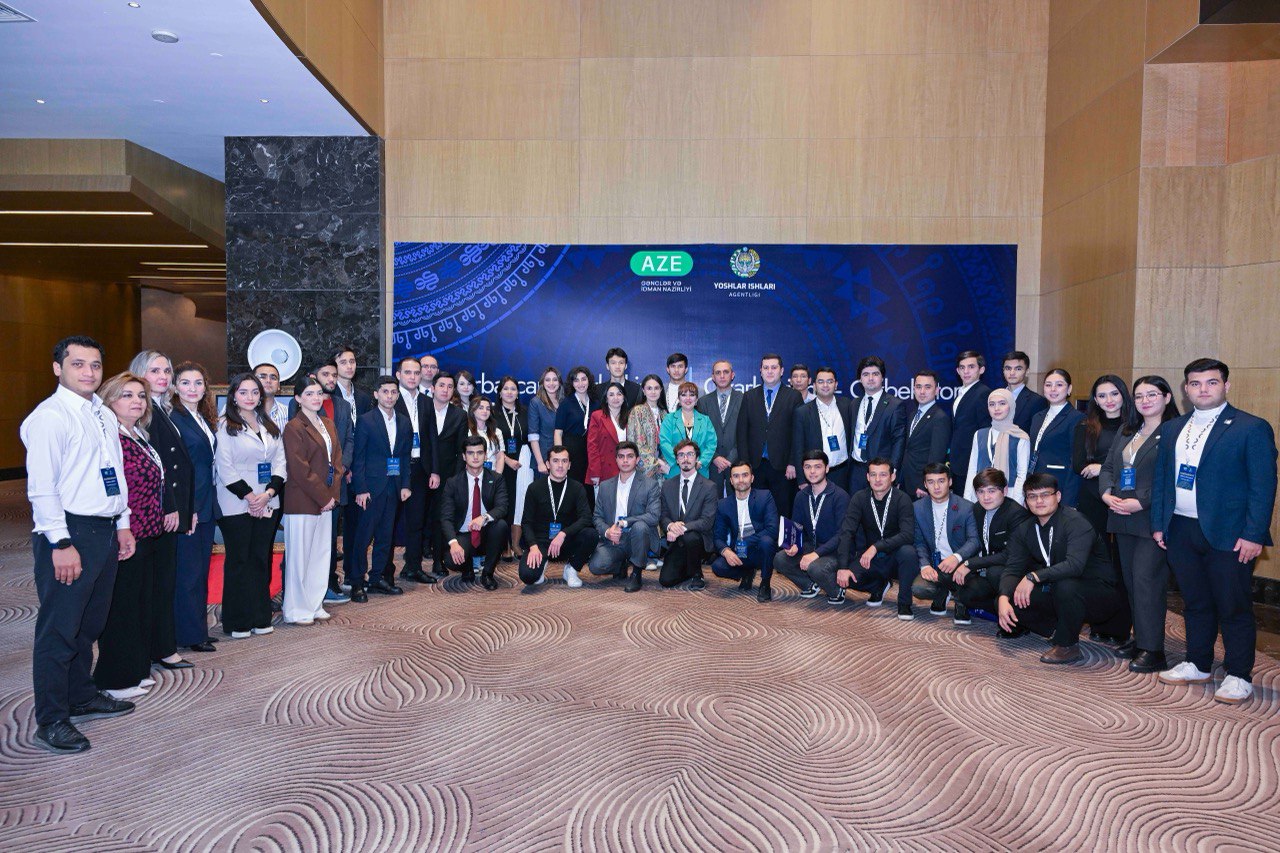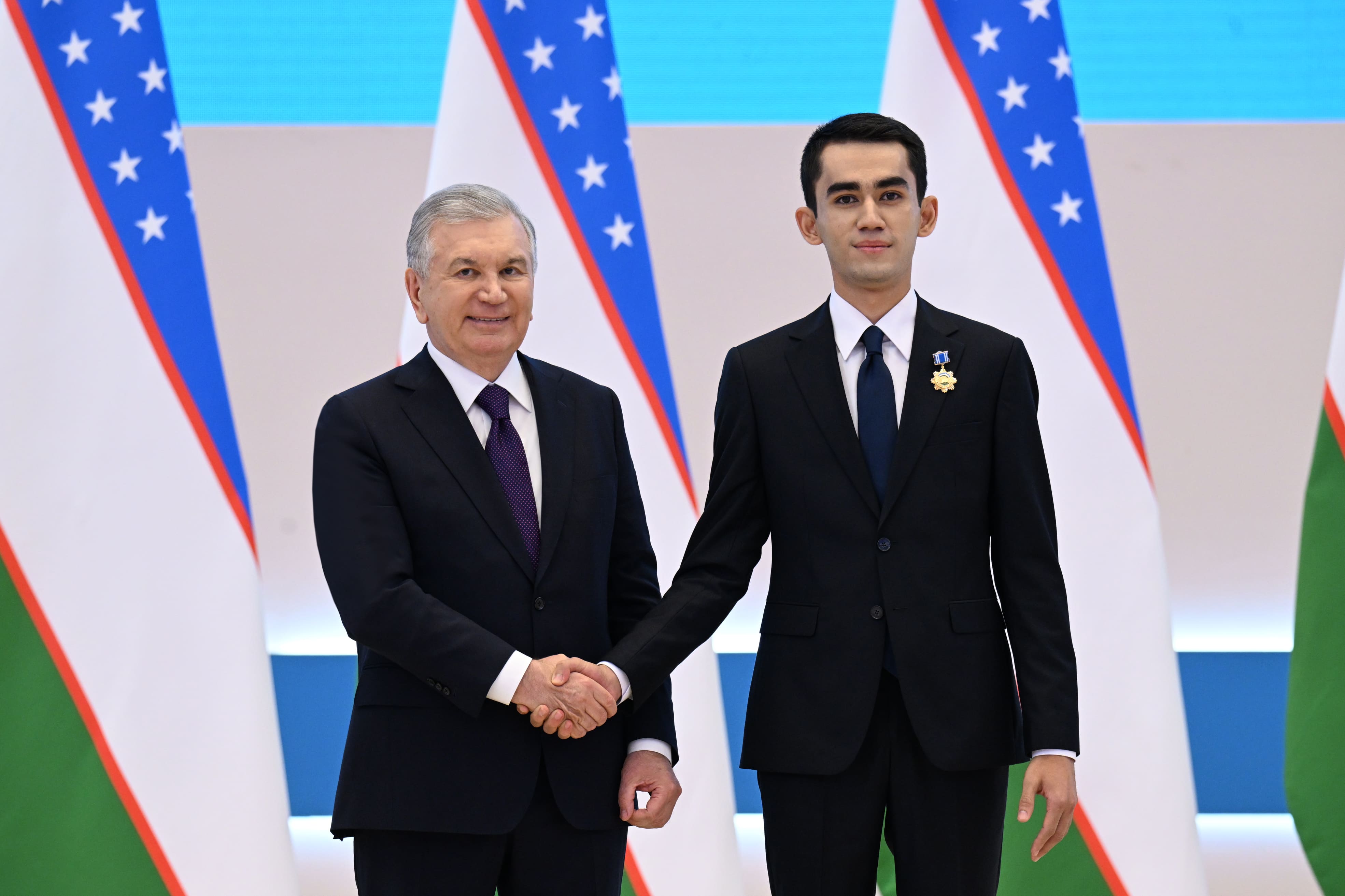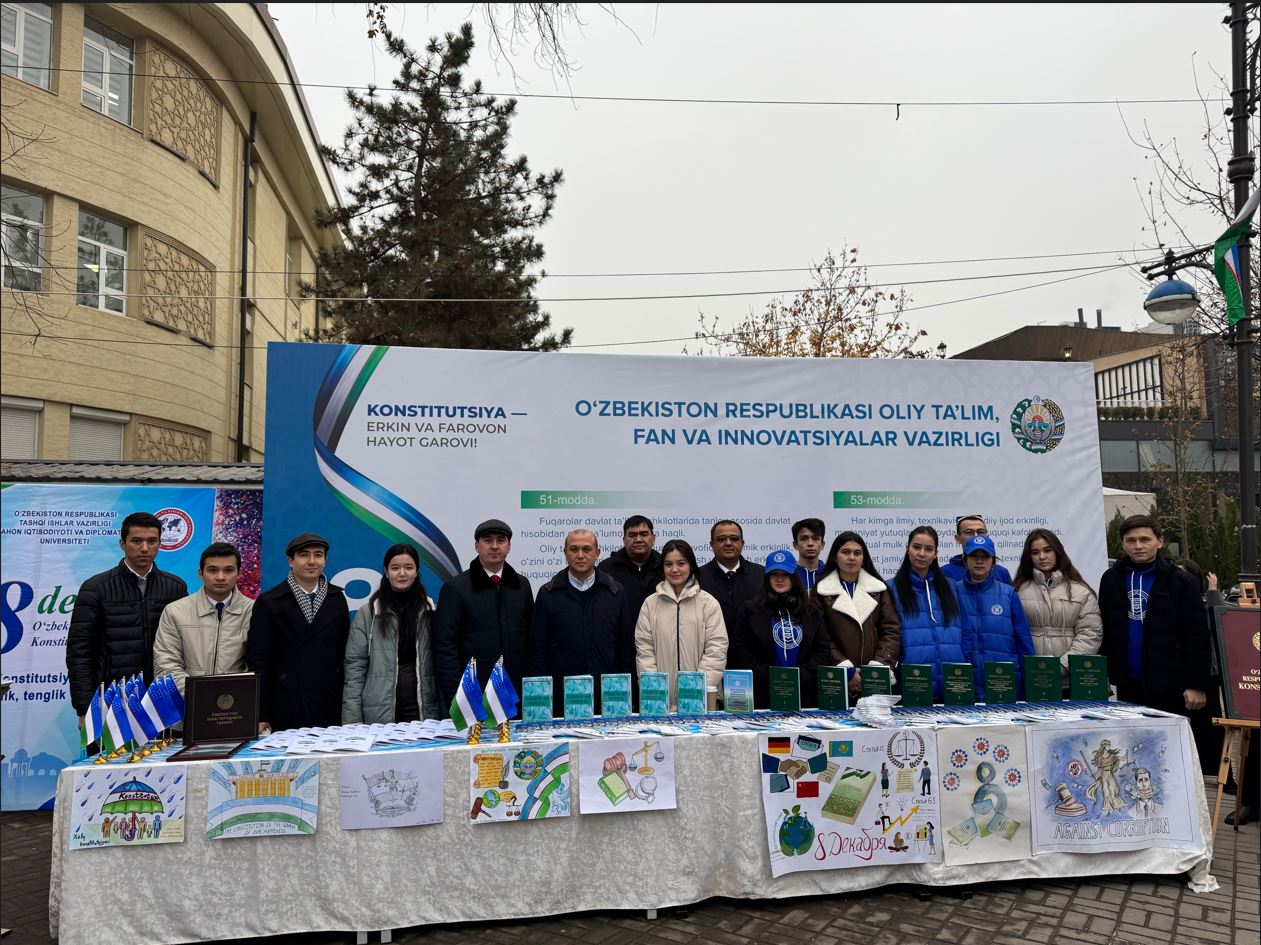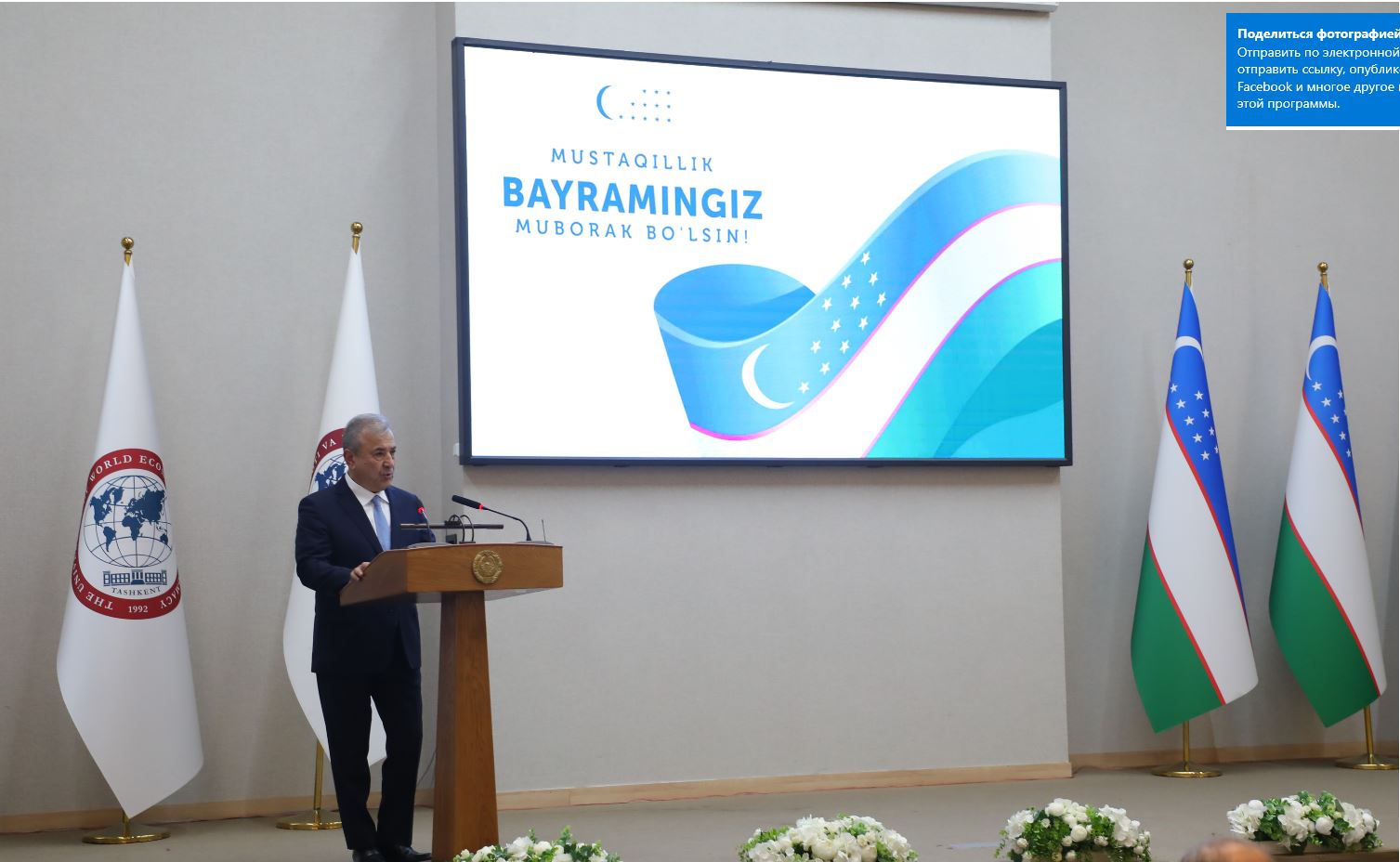
UWED hosted an international conference dedicated to modern Afghanistan
UWED hosted an international conference dedicated to modern Afghanistan
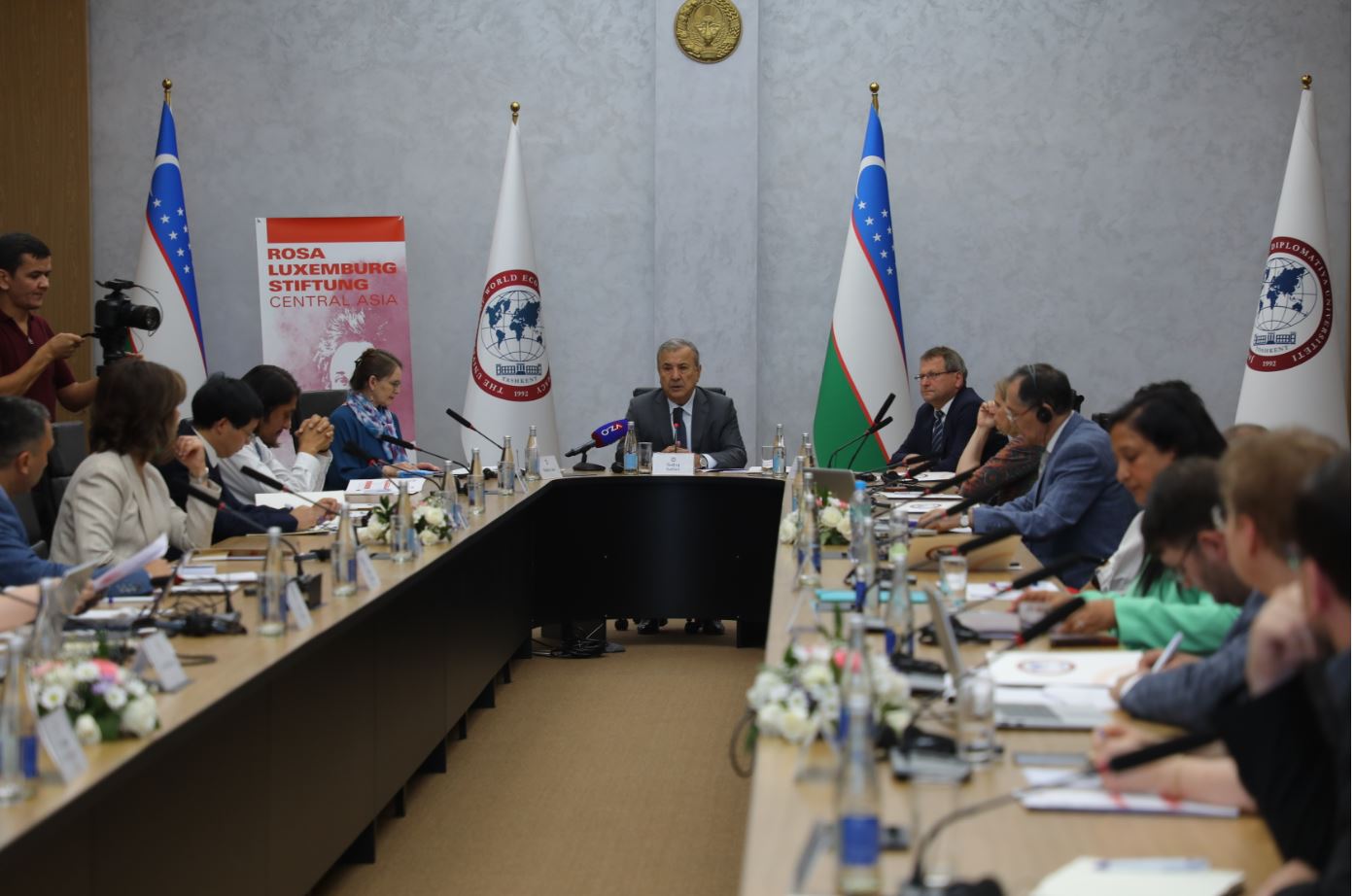
On August 27, 2024, the University of World Economy and Diplomacy, in collaboration with the Representative Office of the Rosa Luxemburg Foundation in Central Asia (Germany), held an international scientific and practical conference entitled “Afghanistan under the Taliban – How Do Neighbours and Powers Respond to Them?”
The unique platform brought together representatives of government agencies, international non-governmental and non-profit organizations, think tanks, embassies, as well as leading scientists, experts and young researchers from Germany, India, China, Kazakhstan, Russia, Tajikistan, Uzbekistan and other Central Asian countries.
The participants included representatives of the Oliy Majlis of the Republic of Uzbekistan, the Ministry of Foreign Affairs, the Ministry of Higher Education, Science and Innovation, the Center for Strategic Studies under the President of the Republic of Uzbekistan, heads of diplomatic missions and international organizations, as well as leaders, teachers, doctoral students and researchers of UWED.
Opening the event, the First Deputy Chairman of the Senate of the Oliy Majlis, Rector of UWED Sodyq Safoyev noted that Afghanistan is an important factor in the stability of the region. He emphasized, that “Uzbekistan is concerned that issues related to the development of the situation in Afghanistan have been relegated to the background of the international agenda. Although there is an obvious need to expand humanitarian aid to the Afghan people, to develop a consolidated strategy of the world community towards this country”.
The Ambassador of Germany to Uzbekistan Manfred Huterer supported Uzbekistan's initiatives to establish trade and economic cooperation with Afghanistan and the regular provision of humanitarian aid to the neighboring country. He noted, that “Uzbekistan and other Central Asian countries are primarily interested in a stable and prosperous Afghanistan, but the international community should not ignore the situation in this country”.
During the forum, a professional exchange of views took place, which made it possible to outline new directions in the field of research into the problems of Afghanistan's reconstruction and the development by policies for regional states and world powers towards this country.
The conference also became an effective platform for inter-sectoral dialogue on regional security, humanitarian aid, international cooperation and sustainable development – within the framework of the implementation of the UN Sustainable Development Goals, especially SDG 16 (Peace, Justice and Strong Institutions), SDG 17 (Partnerships), SDG 10 (Reduced Inequalities), SDG 1 (No Poverty). Particular attention was paid to the interaction between universities, non-governmental and non-profit organizations and government institutions in finding solutions to stabilize the situation in Afghanistan and provide humanitarian support to the population.
During the plenary sessions and panel discussions, the prospects for Afghanistan's regional integration, geopolitical challenges, risks of radicalization and extremism, as well as options for including the country in global sustainable processes were considered. Leading experts presented analytical reports on human rights, the humanitarian situation, the role of international organizations, as well as the policies of world centers of power towards Afghanistan.
Following the conference, a scientific and practical collection of materials was prepared and published, including expert articles, analytical reviews, policy proposals and reports from participants. The publication is recommended for distribution among state and international partners as a contribution to expert support for the region's foreign policy and the development of intersectoral cooperation in line with the SDGs.
| Date: | 27.08.2024 |
| Views: | 4685 |
| Share: |
